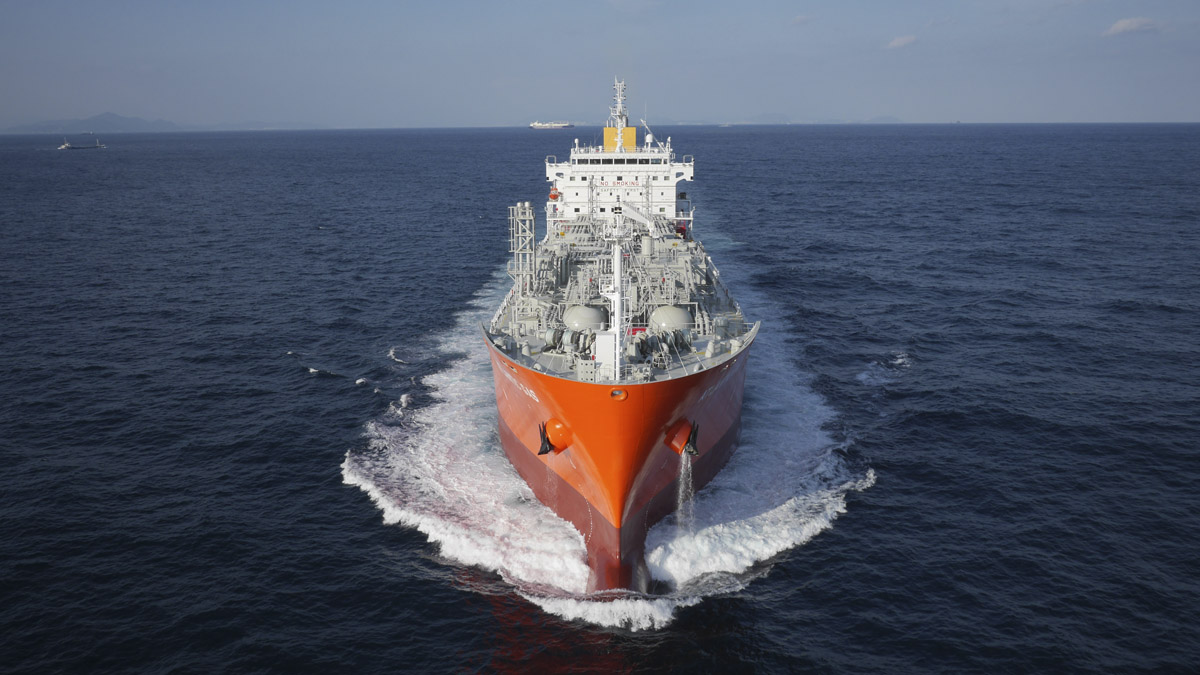
Dan-Unity CO2 has received a grant from the Danish Maritime Fund (Den Danske Maritime Fond) to support the development of new ships for CO2 transport.
Dan-Unity CO2, a recent collaboration between the gas shipping companies Ultragas and Evergas, has received support to clarify technical challenges and possible solutions for onboard storage and management of CO2.
Den Danske Maritime Fond, Newsletter no. 1, March 2021
Capture and storage of CO2 (Carbon Capture & Storage, or CSS) has been known for a number of years from power plants, cement production facilities and other major CO2 emitters with underground deposition of CO2, but transport of CO2 by sea has so far only occurred to a very limited extent.
Seaborne transport of CO2 may become commercially relevant for Danish shipping companies and at the same time an opportunity for Danish shipping to contribute to addressing the climate ambitions in Denmark.
Read their full description of the project below, or visit their website for the original text in Danish.
In the future, upscale seaborne transport of CO2 to CCS (Carbon Capture & Storage) will be needed, not least to achieve various CO2 emission reduction targets. CCS has been known for a number of years, but a seaborne transport of much larger amounts of CO2 than today on board larger semi-ref ships offers several unknown challenges, especially in relation to design of cargo tanks, insulation, piping systems, cargo equipment such as pumps, compressors, capacitors, safety systems, as well as loading and unloading systems.
Two Danish shipping companies - Evergas and Ultragas - have joined forces in a joint venture called Dan-Unity CO2 to combine their financial capacities, expertise and experience in designing and constructing specialised gas carriers and handling all activities related to seaborne CO2 transport. The project supports the purpose of Dan-Unity CO2 by developing a cargo tank design and system for semi-ref gas carriers several times larger than the current - and few - smaller CO2 carriers. In addition, the project will involve the development of a pre-ship design with a CO2 neutral propulsion that will ensure future operation in accordance with the IMO's 2030 goals.
The result of the project - concept design and start-up of FEED (Front End Engineering Design) - will be a pre-design of CO2 cargo tanks, associated cargo equipment and ship and propulsion design so that technical challenges and solutions are explained, and not least the price for this. An actual outline specification will be prepared ready for yards and subcontractors for the first price estimate. The sizes of semi-ref gas carriers are expected to be as follows: 50,000 m3, 20,000+ m3 and a 7,000 m3.